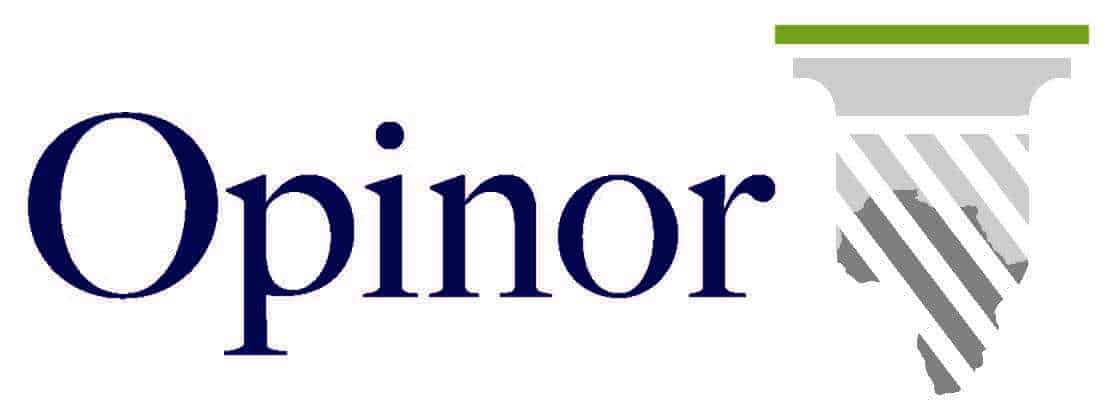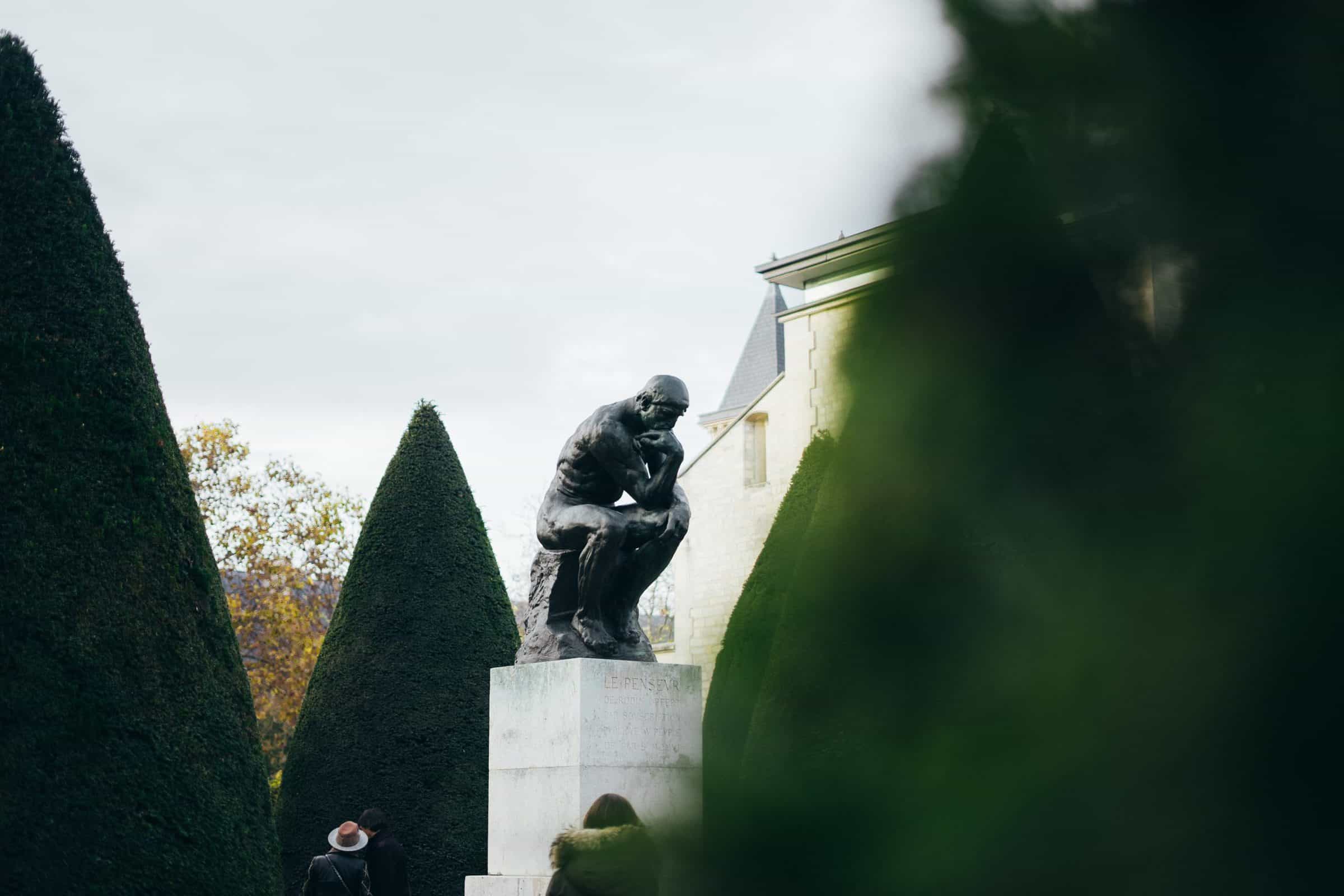The battle of ideas has derailed
A lot has been said about the battle of ideas in recent times. Organisations, think tanks and firms pump billions of rands into poor countries such as South Africa to influence this battle of ideas. Some even go so far as to say aloud that they strive to be the frontrunner in this battle. Think tanks in the northern hemisphere have tremendous influence on this matter. The battle of ideas in some instances evolves into a bloody war – in most instances only figuratively, but sometimes also literally.
However, the battle of ideas has derailed. We have become ensnared in debates about political theory. We argue with each other about abstract notions not rooted in reality, and then raise counter arguments by proffering our own abstractions as the solution. We claim to do all this in the name of “rational thinking”, even though these arguments are often anything but rational. They are irrational, but not because they are intellectually bankrupt. On the contrary, it is often the result of complicated thought processes that find their expression in philosophical language that is nearly incomprehensible. This thinking is irrational because it is disconnected from reality.
Our problem, as articulated by G.K. Chesterton, is that we are working with a “rapid hardening of a hypothesis into a theory, and of a theory into an assumption”. One could even add to this: “and of an assumption into a policy”. Thus we argue with each other about which political theory is best, whilst in reality none of those theories can be applied in practice. Think, for example, about the debates we are dragged into about equality. Everyone is pro-equality, but nobody really knows what it means to be pro-equality. Another example are the debates on democracy. Koos Malan notes that democracy as we know it today has no rhetorical equal. Everyone is pro-democracy; even the world’s most infamous dictators. Giovanni Sartori rightly observes that democracy has become “a high-flown name for something that doesn’t exist”. What does it mean in practice to be pro-democracy? Everyone who asserts this has something different in mind. Yet another example is individual freedom. Few would say that they do not subscribe to the notion of individual freedom, but what do we do when, in practice, our right to individual freedom clashes with our need to belong to something bigger than ourselves? There are of course many other examples, and it would certainly be possible to accuse me of oversimplifying these issues. But that is not the point.
The point is that nowadays the battle of ideas is more about political theory than about reality. We turn to political philosophers to explain to us what to do, while these philosophers (many of them at least) have lost touch with reality. They formulate theories about how the world should be set up, without even attempting to understand the world as it really is.
In this respect we can say that the battle of ideas is in truth secondary in nature. The battle taking place in reality is paramount. To argue about political theories, but to do nothing in practice, is like criticising players from the side-line. The battle of ideas is critically important. However, the war of ideas cannot be sustainably waged if the aim is to determine what the best theory is to organise the world. It can only be waged when it is focused on understanding the world, nature and humanity for what they are, and to then formulate plans of action on this basis.
This is where an institution such as Opinor comes in. Opinor’s goal is not to prescribe theories, but to empower communities in Africa to allow Africans to live, grow and thrive independently. This is achieved by creating and promoting community-orientated plans, strategies and policies through creative innovation founded on proven values and experience that can be applied to promote self-reliant communities in Africa.
The war of ideas is actively being waged. Yet, in many ways, it has become a war against reality – a battle where people are being told how to act, how to think, and even worse, who they should be – while in reality they do not act, think or exist in accordance with what is being prescribed.
We should be concerned with reality, founded on ideas that are developed in our search to understand Creation, the world, nature, humanity, communities, and individuals for what they truly are, rather than prescribing what these things ought to be in a utopian world.

Ernst Roets
Ernst Roets is Head of Policy and Action at AfriForum, a documentary filmmaker and scholar in Public Law.






